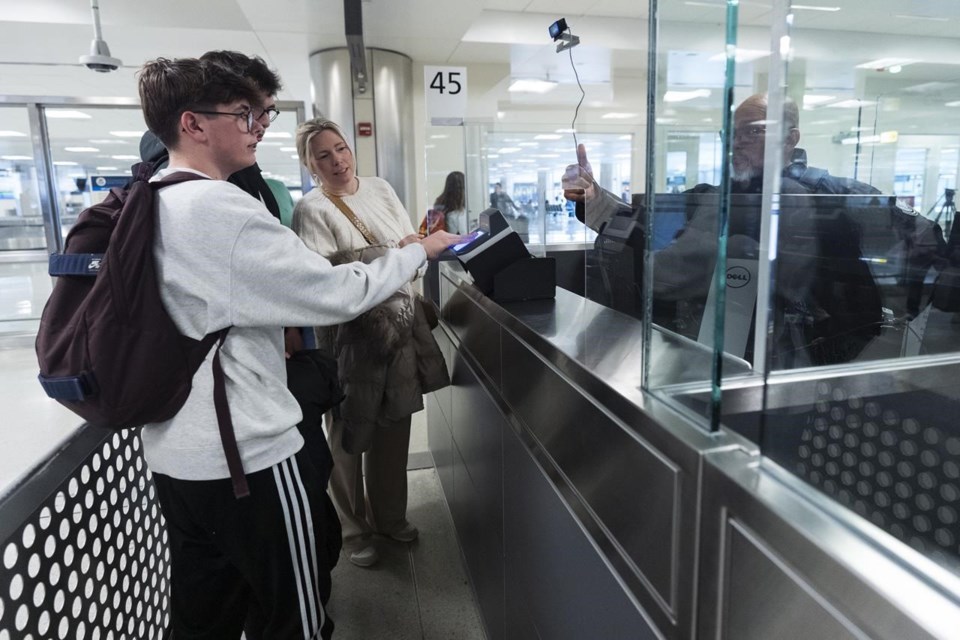As Global Travel Surges, Technology’s Role Expands in US Airports: A Comprehensive Examination

A Belgian family of four embarked on their fourth trip to the United States, anticipating the dreaded queues at passport control upon their arrival. However, having heard about a new app designed to streamline the process, they decided to give it a try. Within minutes of using the Mobile Passport Control app at Washington Dulles International Airport, they bypassed the long lines and swiftly retrieved their luggage, much to their delight.
Piet De Staercke, the family patriarch, expressed relief at the efficient process facilitated by the app, contrasting it with the lengthy waits they had experienced previously. Visiting both Washington and Chicago, the family found the app’s convenience remarkable.
As international travel rebounds post-pandemic, U.S. Customs and Border Protection (CBP) is increasingly leveraging technology, such as the Mobile Passport Control app, to manage the growing influx of travelers. With major events like a rare solar eclipse, the Paris Olympics, and summer holidays fueling international travel, CBP is embracing innovative solutions to accommodate the surge.
During fiscal year 2023, CBP processed over 394 million travelers at ports of entry, marking a 24% increase over the previous year. Notably, at the country’s busiest airports, officers managed to process significantly more travelers while mitigating wait times or even reducing them. For instance, at JFK Airport in New York, wait times decreased marginally while CBP officers handled a 33% surge in travelers.
In line with the trend of increased family travel, CBP is pivoting towards app-based technologies to expedite passenger movement through airports. The Mobile Passport Control app, accessible to U.S. citizens, lawful permanent residents, certain Canadians, and Visa Waiver Program participants, streamlines the screening process. By uploading photos and information to the app, passengers can navigate a separate line upon arrival, significantly reducing processing times.
Moreover, CBP recently launched a dedicated app for Global Entry participants, offering expedited customs and passport control clearance. Despite record application numbers for Global Entry, CBP is striving to enhance the enrollment process to meet the growing demand. Measures such as remote renewal options and increased appointment availability aim to streamline the process and reduce wait times.
Looking ahead, CBP plans to introduce E-Gates at airports, allowing Global Entry users to bypass traditional clearance booths. Additionally, the agency is exploring smart queuing systems, which assign passengers to designated lines based on pre-entered information, enhancing efficiency and passenger experience.





